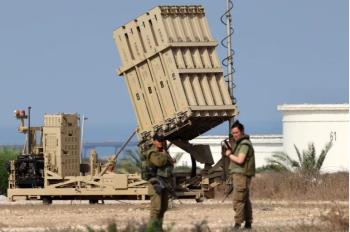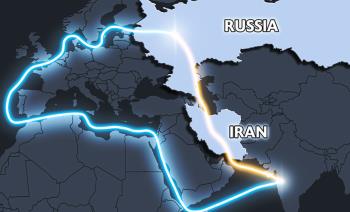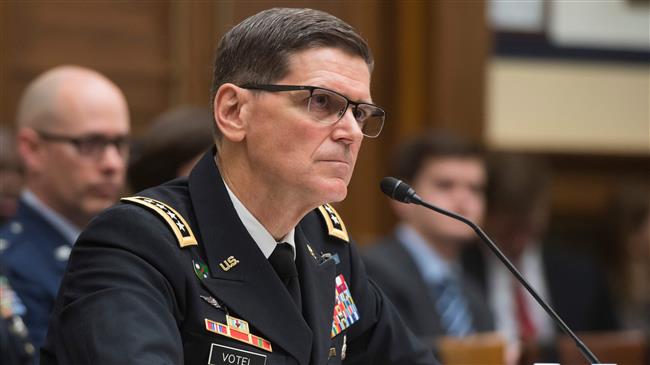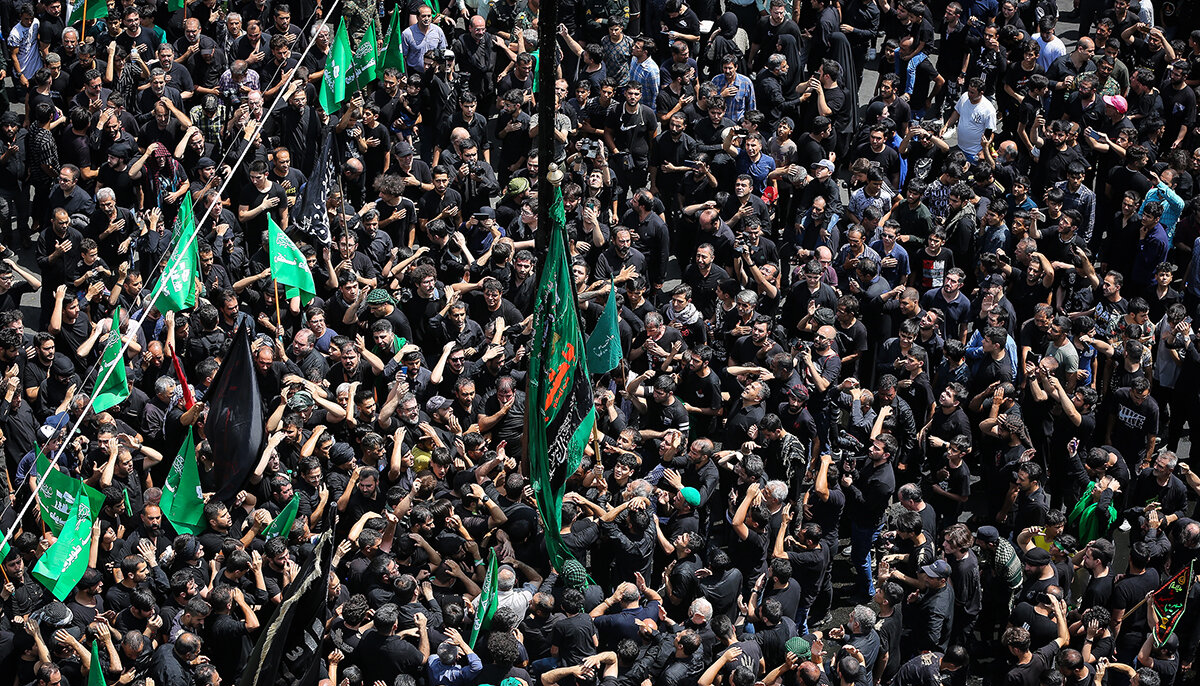Alwaght- The US does not monitor how the arms it sells to Saudi Arabia are used in war on Yemen, US Central Command Chief General Joseph Votel confirmed on at a hearing of the Senate Armed Services Committee.
Asked by Senator Elizabeth Warren that whether Centcom tracks the purpose of the Saudi missions it refuels in Yemen senior Pentagon official, the senior Pentagon official replied, "We do not".
D-Massachusetts senator also asked Joseph Votel whether Centcom is able to ascertain whether US fuel or munitions were used as part of Saudi strikes that killed civilians.
"I don’t believe we are,” Votel said.
Since March 2015, Saudi Arabia and some of its Arab allies have been carrying out deadly airstrikes against the Ansarullah movement in an attempt to restore power to fugitive former President Abd Rabbuh Mansour Hadi, a close ally of Riyadh.
Nearly 14,000 Yemenis, mostly women, children and the elderly, have been killed since the onset of Saudi Arabia’s military campaign against the impoverished state. Much of the Arabian Peninsula country's infrastructure, including hospitals, schools and factories, has been reduced to rubble due to the war. The Saudi-led war has also triggered a worsening humanitarian crisis of unprecedented proportions across Yemen.
As of October 2017, the US had provided over 80 million pounds of fuel and refueled over 10,400 vessels in the Yemen region, according to Military.com.
The UN says there are 22 million people in need of humanitarian assistance.
There has been growing congressional opposition to the US’ role in the Yemen aggression.
Two weeks ago Senators Bernie Sanders (I-Vermont), Mike Lee (R-Utah) and Chris Murphy (D-Connecticut) introduced a bipartisan joint resolution that calls for the removal of American armed forces in Yemen.
Iran nuclear deal Serves US interests
Touching on the 2015 nuclear deal between Iran and the P5+1 group of countries, General Joseph Votel said that the agreement is still in the best interests of the US despite US President Donald Trump's threats of withdrawing from it.
The American general said the landmark deal had played an important role in addressing Iran’s nuclear program.
Votel added that if the accord, formally known as the Joint Comprehensive Plan of Action or JCPOA, fell apart, Washington would have to find another way to deal with what he called Tehran’s nuclear weapons program.
Votel’s idea agrees with that of Defense Secretary Jim Mattis and the Chairman of the Joint Chiefs of Staff General Joseph Dunford, who have already maintained that staying in the JCPOA is in the national security interest of the US.
When a lawmaker asked whether he agreed with Mattis and Dunford’s position on the deal, Votel said, “Yes, I share their position.”
Mattis said late last year that Washington should consider staying in the agreement unless it was proven Tehran was not complying or that the deal was not in the US national interest.
Iran and the five permanent members of the United Nations Security Council – the US, France, Britain, Russia and China – plus Germany signed the nuclear agreement on July 14, 2015 and started implementing it on January 16, 2016.
Under the JCPOA, Iran undertook to put limits on its nuclear program in exchange for the removal of nuclear-related sanctions imposed against Tehran.
Trump has repeatedly described the JCPOA, which was negotiated under his predecessor, Barack Obama, as “the worst and most one-sided transaction Washington has ever entered into,” a characterization he often used during his presidential campaign, and threatened to tear it up.
The Iranian foreign minister says the US is in no position to set conditions for the 2015 nuclear agreement.
Trump on January 12 reluctantly agreed to waive sanctions against Iran that were lifted as part of the landmark deal, but said it would be the last time he issued such a waiver unless conditions were met.
The US president said he wanted America's European allies to use the 120-day period before sanctions relief again came up for renewal to agree to tougher measures and new conditions, otherwise Washington would pull out of the deal.
Trump signed an executive order on Monday, continuing a national emergency with respect to Iran first announced by former US President Bill Clinton in 1995.
The US president has extended a US emergency against Iran, claiming that Tehran poses a great danger to his country.
He extended sanctions against Iran for another year, claiming that the Islamic Republic continues to pose “an unusual and extraordinary” threat to America.
Trump has threatened to pull out of the JCPOA unless Congress and America's European allies help "fix" it with a follow-up agreement within a 120-day deadline before before May 12.
Tehran has repeatedly rejected the idea of renegotiation and the International Atomic Energy Agency (IAEA) has on several occasions confirmed Iran's compliance with the JCPOA, warning that any collapse of the deal will be a "great loss."



























